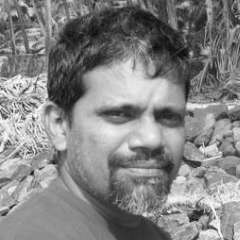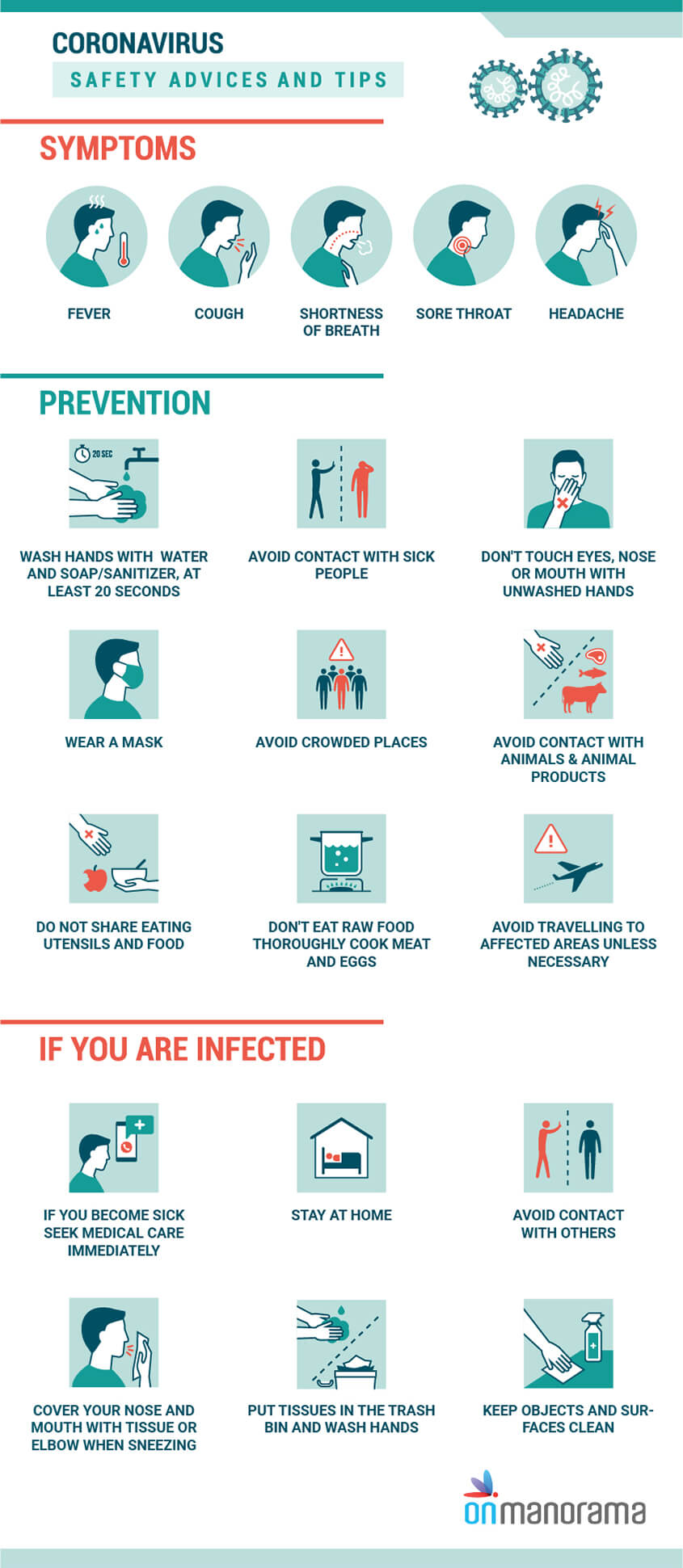A young nurse from Thrissur in Kerala working in Ireland pays glowing tribute to the healthcare system in the state as she tells us about the harrowing experience she encountered in the wake of the coronavirus outbreak.
Leena (name changed) works at a nursing home in Sligo, 207km by road or a three-hour bus ride from Dublin.
As a qualified nurse, she sought a Coronavirus test after having a cold. “They treated me like a terrorist,” she told Onmanorama on condition of anonymity related to her job contract.
Excerpts from her conversation with Onmanorama.
Doctors and nurses were just shocked at the hospital I visited and some even covered their faces with files. Some of them fled to wash rooms.
“No one should complain about the efforts put in by the Kerala administration to check the outbreak of coronavirus,” she says.
It is to drive home this that the young nurse, who is in Ireland for two years now, contacted Onmanorama.
Pointing out the shoddy treatment meted out to her, she said outside India, even in a developed country like Ireland, they have a sloppy approach towards such healthcare emergencies. This is where Kerala stands apart.
She works at a private nursing home, or a care centre for the elderly.
She consulted the doctor in the care home, which itself took a long time, who asked her to continue working if she didn't have “any other difficulties”.
After that the Health protocol of Ireland changed, which requires even those with cold should contact the GP.
She was asked to then contact the National Ambulance linked to a helpline number on the government web site.
Despite repeated efforts, she could not get in touch with the National Ambulance authorities, who are supposed to come and screen those who call up saying they have COVID-19 symptoms. But this is easier said than done. Despite repeatedly calling the service from 12 noon to 4:40pm, she could not get through.

She checked the Facebook page of Health Services Executive (HSE) and found that complaints were pouring in about lack of responses.
Compare this with how authorities in Kerala deals with emergency situations like coronavirus and Nipah outbreaks.
We inspect even roadside eateries where COVID-19 patients or those in quarantine visited and collect samples. We even put out route maps so that people who have been at such places can contact the authorities.
It is a myth that there is better healthcare facilities in developed countries.
There are only two or three isolation facilities in Ireland, with a population of just below five million – which is lesser than Himachal Pradesh – and an area of 84,421 square kilometers – roughly the size of Arunachal.
Kerala has more than 30 million people to look after in an area of just above 38,000 square kilometers.
“Only those who do not have any experience outside Kerala would find fault with our standard operating procedures, processes and facilities”, she claimed.
She then went to a nearby hospital as directed by the doctor.
Despite knowing well that she did not have any symptoms so far, she did so as a precautionary measure.
Nearly 50 people, including doctors and nurses were present when she reached there.
As soon as she informed the duty nurse that she had come to do the necessary tests for coronavirus, people began to “vanish from the vicinity”.
Many covered their faces with files and some took shelter in their cabins.
It is only later she came to know from a distant relative who also works as a nurse in Dublin that only doctors and nurses treating COVID-19 patients wear masks.
At present, Leena is in self-isolation at her home.
Kerala has set up a model healthcare system which has no peers in effectively tackling such viral outbreaks. She urges Keralites not to spar over the healthcare system in the state, which she says is among the best in the world.
She can only be right, because she is a healthcare professional born and brought up in Kerala and talks from her experience working abroad.
As soon as you set foot in Ireland, you have to get yourself registered in a General Practitioner (GP) Centre. Then if you have any health issues you just can't go to any doctor or hospital. You have to take your case to the GP and depending on his call you are referred to a hospital. That is a cumbersome process.
An elderly patient in her nursing home had a cataract issue and she was taken to the GP.
The GP referred her to a hospital for an operation, but the date she got is four years from now.
When her four-year-old kid had a deep wound in the face and she was rushed to the hospital bleeding profusely, they had to wait for four hours to get medical aid.
So the question she poses is will such a hospital be able to function in Kerala after such an incident.
Think about it.



















